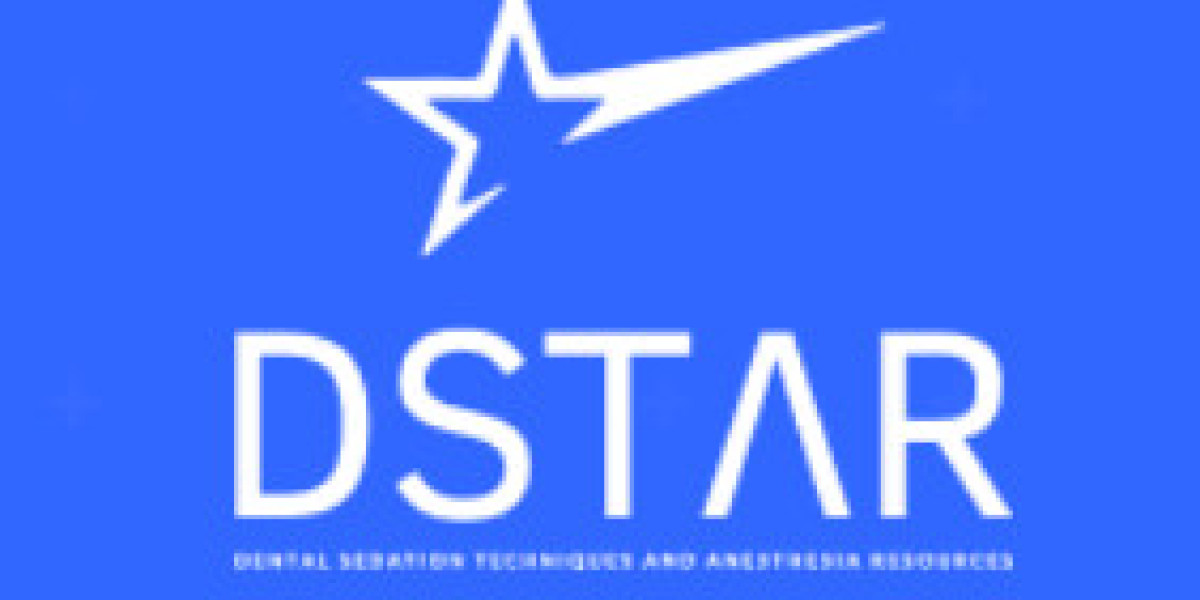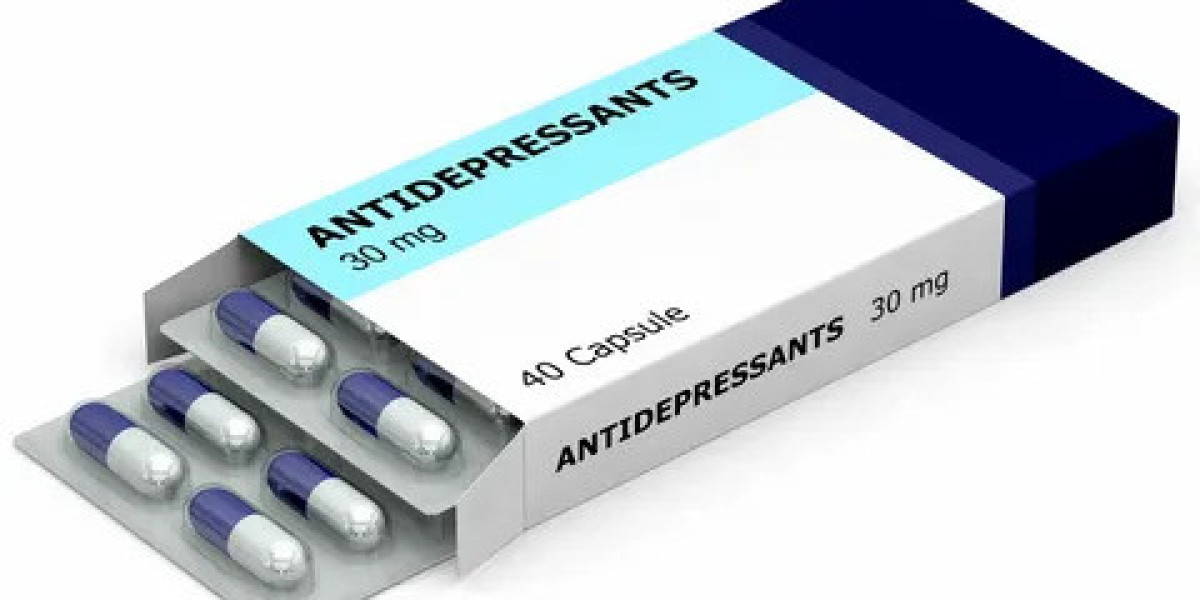In the realm of dentistry, ensuring patient comfort and safety is paramount. Dental procedures, especially those of a complex or invasive nature, can induce anxiety and fear in patients, leading to reluctance in seeking essential oral care. Fortunately, advancements in dental sedation techniques have revolutionized the field, providing dentists with effective tools to alleviate patient apprehension and enhance treatment outcomes.
Understanding Dental Sedation Techniques
Dental sedation involves the administration of sedative drugs to induce a state of relaxation and calmness in patients during dental procedures. These techniques not only reduce anxiety but also help in managing pain and discomfort, enabling dentists to perform procedures more efficiently while ensuring patient comfort.
At Dstar Education, we recognize the significance of equipping dental professionals with the knowledge and skills required to administer sedation safely and effectively. Our comprehensive courses cover a range of sedation techniques, catering to the diverse needs of dental practitioners.
Exploring Different Sedation Modalities
Oral Sedation: This involves the administration of sedative medications in the form of pills or liquid, which patients can ingest orally. Oral sedation induces a moderate level of sedation, allowing patients to remain conscious but relaxed throughout the procedure.
Intravenous (IV) Sedation: IV sedation involves the direct administration of sedative drugs into the bloodstream, producing a deeper level of sedation compared to oral sedation. This technique is particularly useful for complex or lengthy procedures, as it enables precise control over the depth of sedation.
Nitrous Oxide Sedation: Also known as "laughing gas," nitrous oxide is a safe and effective sedative agent administered through inhalation. It induces a mild sense of euphoria and relaxation, making it suitable for patients with mild to moderate anxiety.
The Importance of PALS Certification for Dentists
Pediatric Advanced Life Support (PALS) certification is essential for dentists who treat pediatric patients or work in settings where pediatric emergencies may arise. Dental emergencies in children require prompt and effective intervention, and PALS certification equips dentists with the necessary skills to manage such situations with confidence and competence.
At DSTA Education, our PALS certification courses are specifically tailored to the needs of dental professionals, covering topics such as pediatric assessment, basic life support (BLS), and advanced cardiac life support (ACLS) protocols.
BLS Certifications for Dentists: Ensuring Emergency Preparedness
Basic Life Support (BLS) certification is a fundamental requirement for all healthcare providers, including dentists. In dental settings, emergencies such as cardiac arrest or respiratory distress can occur unexpectedly, underscoring the importance of being prepared to respond effectively.
Our BLS certification courses for dentists focus on essential life-saving techniques, including CPR (Cardiopulmonary Resuscitation), AED (Automated External Defibrillator) use, and airway management. By obtaining BLS certification, dentists demonstrate their commitment to patient safety and well-being.
Online vs. In-Person Dental Sedation Courses: Choosing the Right Format
When considering dental sedation education, practitioners often face the dilemma of choosing between online and in-person courses. Both formats offer distinct advantages, and the choice ultimately depends on individual preferences and learning objectives.
Online Dental Sedation Courses: Online courses provide flexibility and convenience, allowing dental professionals to study at their own pace and convenience. With interactive modules and multimedia resources, online education platforms offer engaging learning experiences while accommodating busy schedules.
In Person Dental Sedation Courses: In-person courses offer hands-on training and direct interaction with instructors, fostering a collaborative learning environment. Participants benefit from real-time feedback and practical demonstrations, enhancing their confidence and proficiency in sedation techniques.
Empowering Dental Professionals Through Education
At DSTA Education, we are committed to empowering dental professionals with the knowledge, skills, and certifications necessary to deliver exceptional patient care. Whether you are seeking to enhance your sedation expertise or obtain essential certifications, our comprehensive courses are designed to meet your needs.
Visit our website to explore our range of courses, including dental sedation education, PALS certification, BLS certification, and more. Elevate your dental practice and prioritize patient comfort and safety with DSTA Education.



